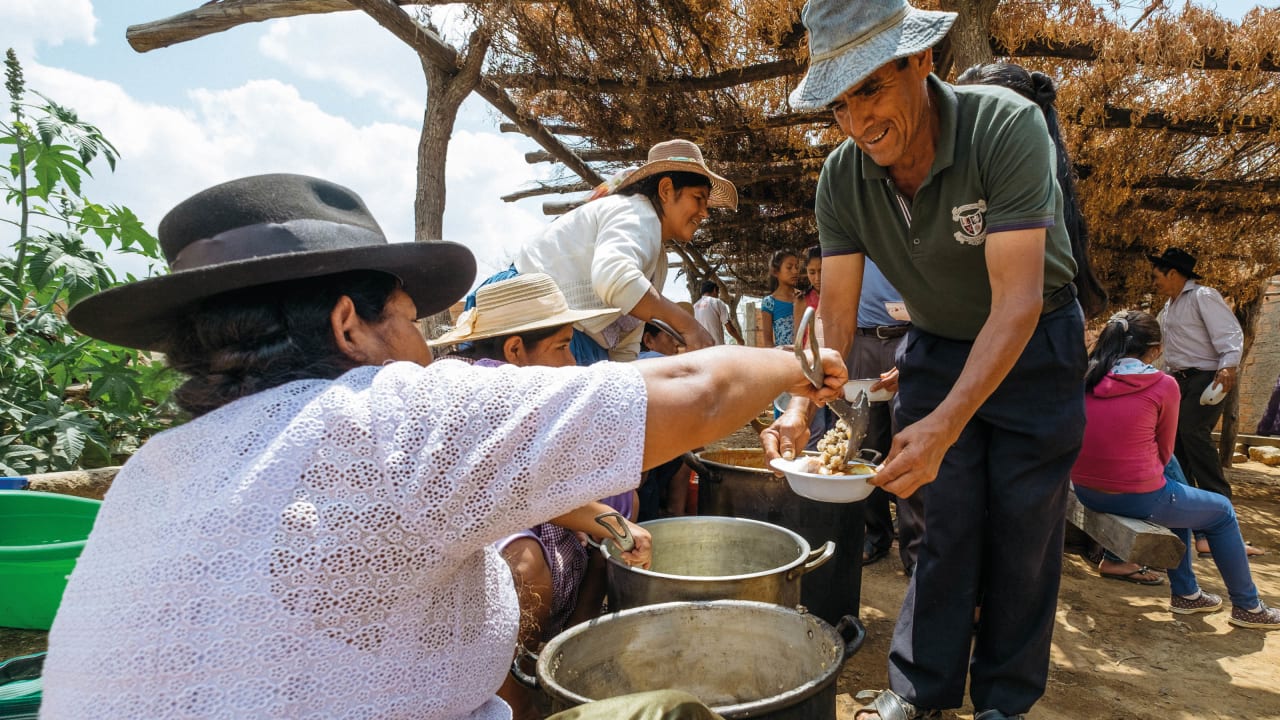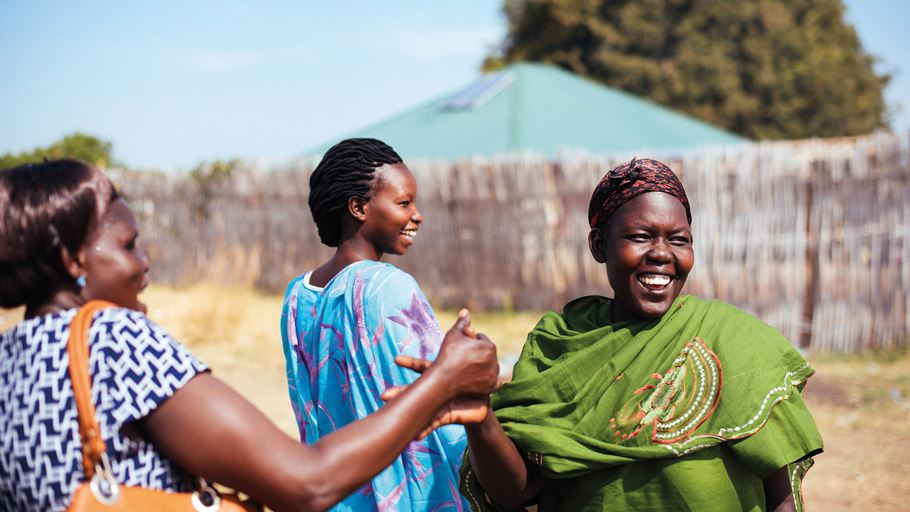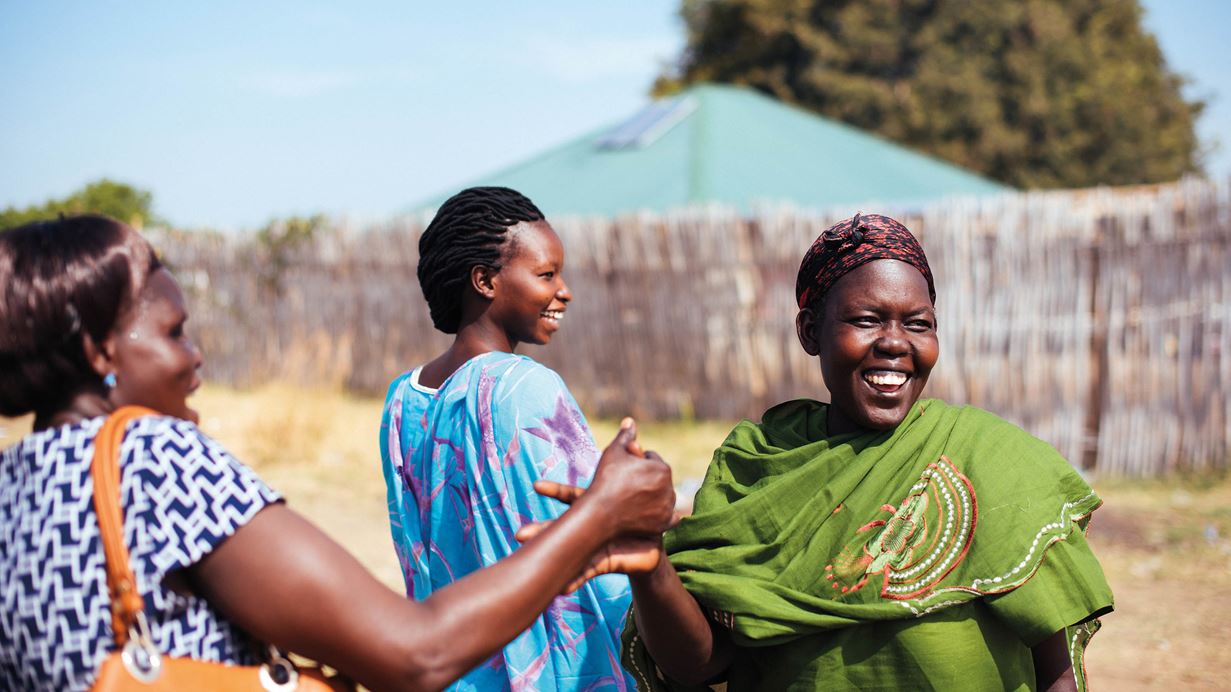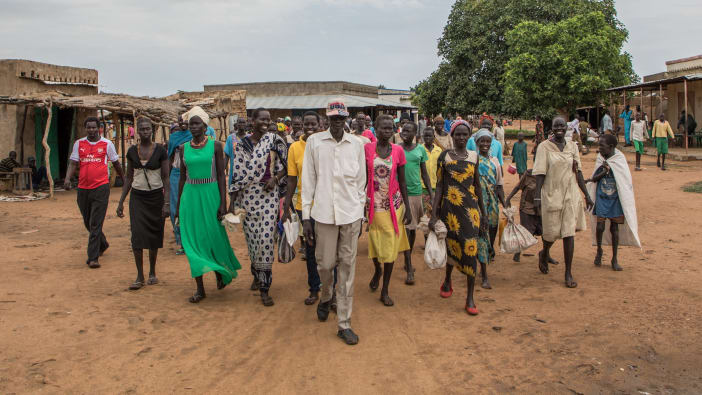In my country of origin, Sri Lanka, it is considered an honour to welcome someone into your home and to offer them food and drink. By accepting these refreshments the guest shows their appreciation for the host’s generosity and honours them in return. This simple act of giving and receiving deepens the relationship between them.
Hospitality is the act of opening our homes, lives, churches and communities to friends, neighbours and strangers. Warm and generous hospitality creates an environment where people are welcomed and included, and where strangers become friends.
Isaiah 58:7 reminds us that it is an act of worship to ‘share our food with the hungry and provide the wanderer with shelter’, and throughout his ministry Jesus emphasised the importance of this (eg Luke 10:25–37; Matthew 25:34–40).
When we practise hospitality we are responding to God’s generous love and acceptance of us, by loving and accepting the people around us.
Welcome
Here are some key aspects of hospitality that can help us to warmly welcome everyone, whatever their ethnicity, religion, background or current situation.
- Gratitude. Hospitality can be challenging, especially when we do not know the person or people we are welcoming. Approaching hospitality from a place of gratitude to God can help us to share God’s love and blessings with others.
- Humility. We should welcome people in humility and respect – not seeking to change them, but offering acceptance and a safe environment in which they can grow and thrive.
- Listening. It is a privilege to experience the richness, vulnerability and courage of someone’s story. Listening builds relationships and shows respect. It is a way of honouring the guest.
- Celebration and mourning. Hospitality provides the opportunity for us to ‘rejoice with those who rejoice and mourn with those who mourn’ (Romans 12:15). As we share the ups and downs of life with others, understanding grows and relationships are strengthened.












